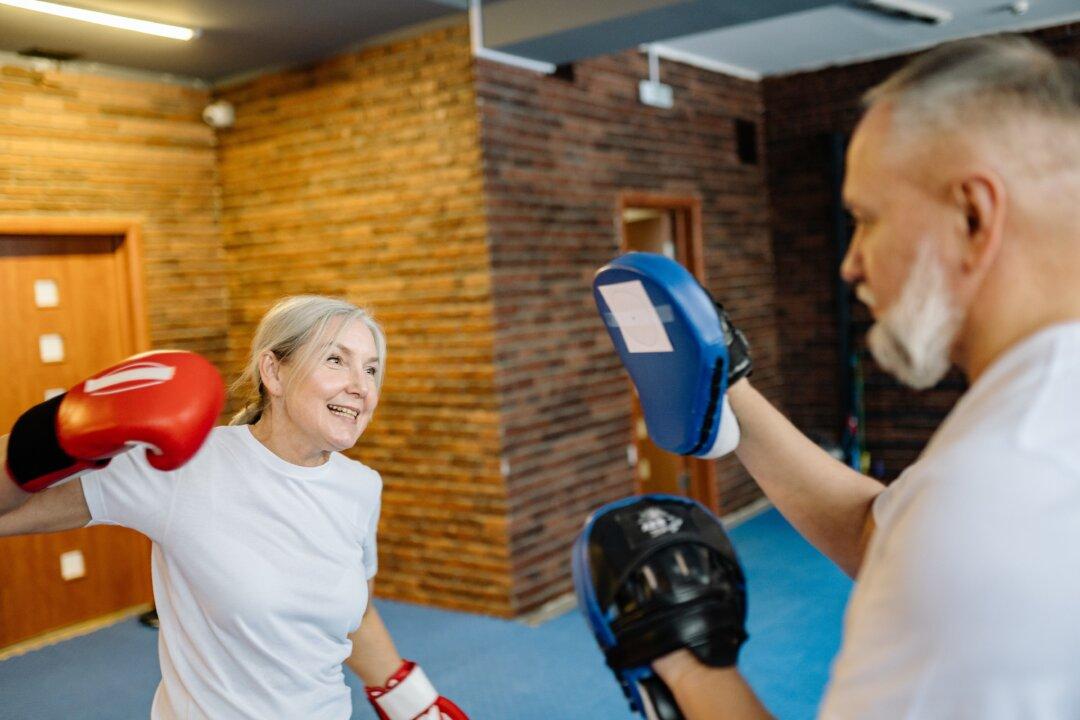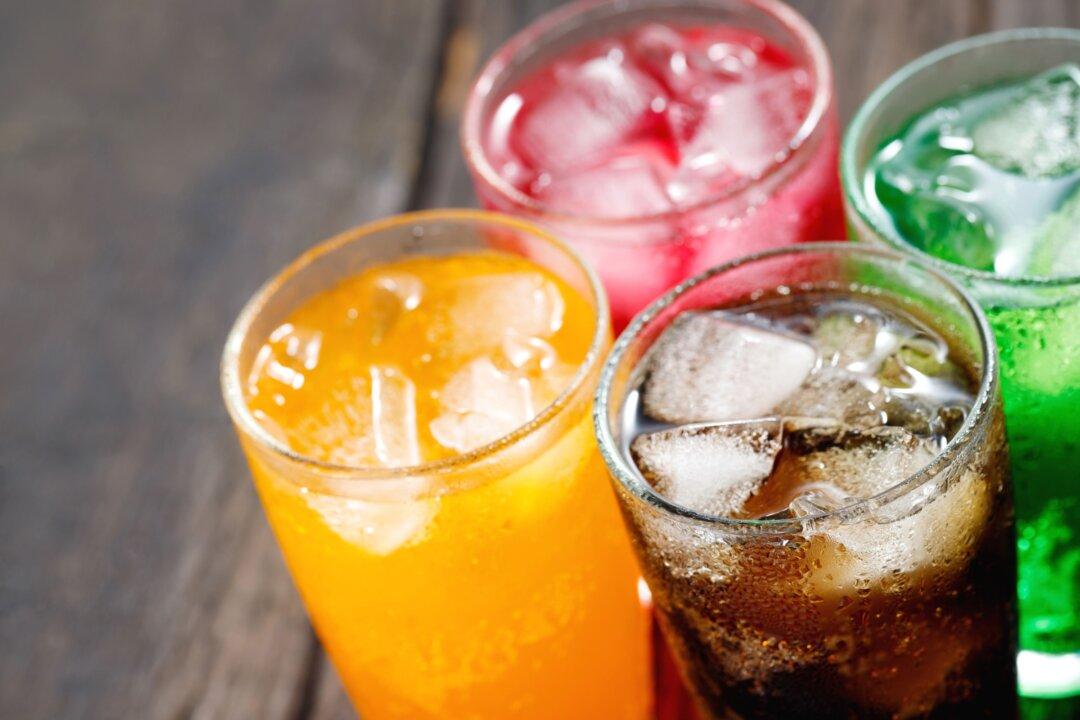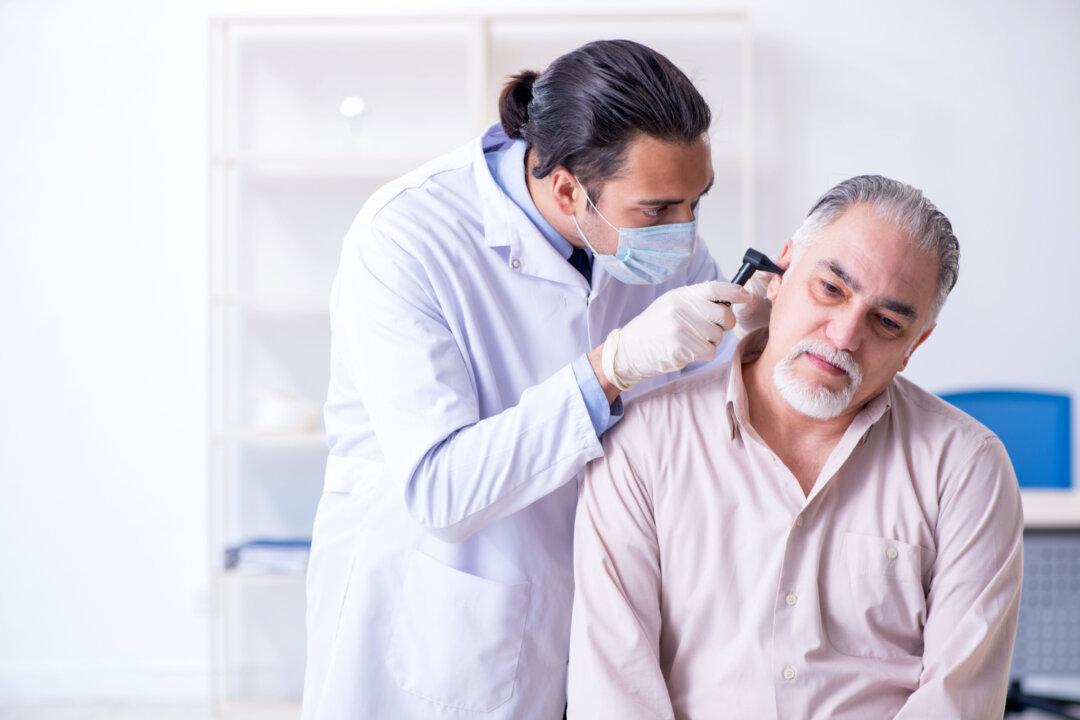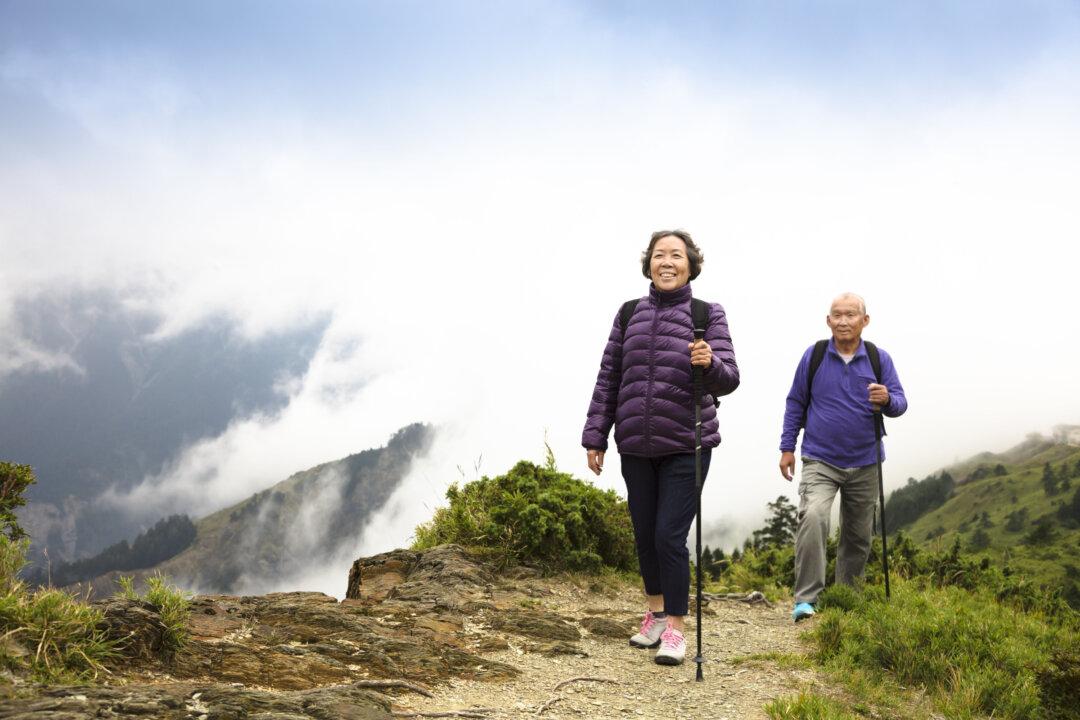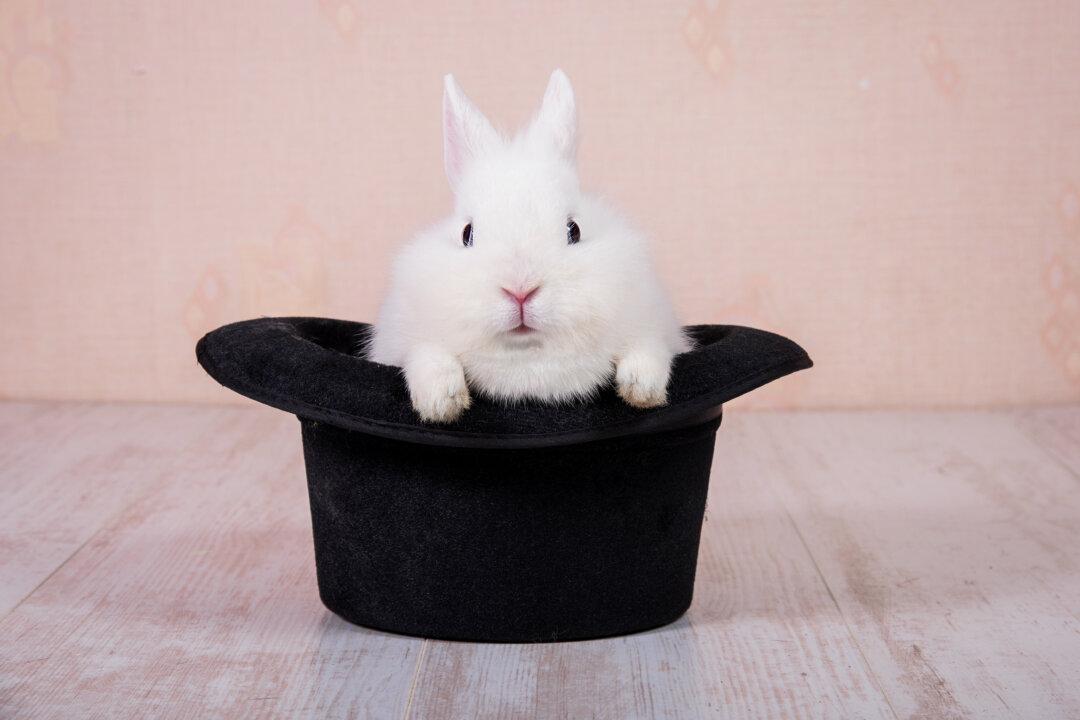Most people take their muscles for granted. It’s pretty easy to do. Unless you’re trying to be a bodybuilder or a powerlifter, you probably don’t think about them at all.
And it’s a huge mistake. Especially if you’re 50+. In fact, it’s very easy to argue that muscle mass and strength is far more important to older folks than younger ones.

